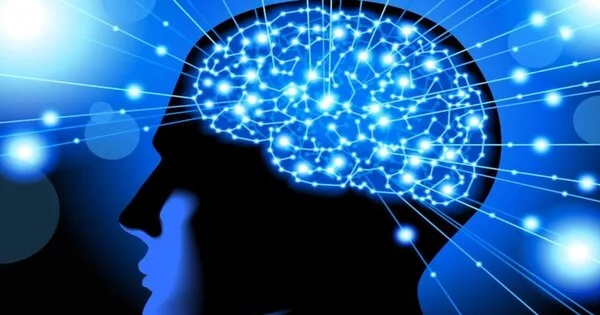Cognitive neuroscience is the scientific study of the biological processes and aspects that underpin cognition, with a particular emphasis on the neural connections in the brain that are involved in mental processes. It is a multidisciplinary field that studies the relationship between the brain and cognitive functions such as perception, attention, memory, language, problem-solving, and decision-making.
It addresses the question of how neural circuits in the brain influence or control cognitive activities. It investigates how neural processes give rise to cognitive functions and behavior by combining principles and methods from psychology, neuroscience, computer science, linguistics, and other fields.
Key aspects of cognitive neuroscience include:
- Neuroanatomy and Neurophysiology: Examining brain structure and function at multiple levels, from individual neurons to larger brain regions and networks.
- Neuroimaging: Observing and measuring brain activity during cognitive tasks using techniques such as functional magnetic resonance imaging (fMRI), positron emission tomography (PET), and electroencephalography (EEG).
- Cognitive Psychology: Understanding the underlying neural mechanisms of mental processes such as perception, memory, language, and decision-making.
- Behavioral Studies: Experiments and behavioral assessments are carried out to gain insight into cognitive processes and their neural correlates.
Clinical Applications
Applying cognitive neuroscience findings to understand and address neurological and psychiatric disorders, such as Alzheimer’s disease, schizophrenia, and depression.
Importance
Cognitive neuroscience is a branch of both neuroscience and psychology, overlapping with disciplines such as behavioral neuroscience, cognitive psychology, physiological psychology and affective neuroscience. Cognitive neuroscience relies upon theories in cognitive science coupled with evidence from neurobiology, and computational modeling.
Parts of the brain are crucial in this field. Neurons, along with the different lobes of the cerebral cortex, play the most important role because the main goal is to establish an understanding of cognition from a neural perspective. Methods used in cognitive neuroscience include psychophysical and cognitive psychology experiments, functional neuroimaging, electrophysiology, cognitive genomics, and behavioral genetics.
Cognitive neuroscience researchers frequently collaborate across disciplines to gain a more comprehensive understanding of the brain’s and cognition’s complex relationship. In recent years, the field has made significant advances, contributing to our understanding of the brain’s role in shaping behavior, perception, and cognition.
















